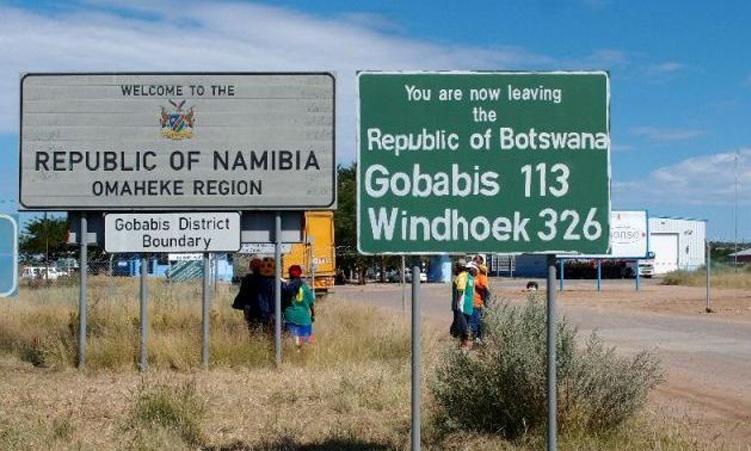Africa-Press – Namibia. “Although some of us were born here, we are still Namibians and we want to return back home,” says one of the Batswana residents of Namibian origin, John Hingee (42).
Hingee is part of a group of about 60 farmers who say they feel sidelined by the Namibian government as they remain stuck with repeated unfulfilled promises from officials.
He says he feels stranded in Botswana with his family and livestock. They have been waiting to be repatriated to Namibia and as a result, they have reached a breaking point.
“We sold our houses, moved our families and livestock closer to the border, and have been waiting with the hope of going home,” Hingee told The Namibian last week.
“Now our savings are running out, and we are living in uncertainty. Even our children cannot be properly enrolled in schools, because we don’t know when we will finally be moved,” he said.
The group of farmers with more than 1 000 head of cattle among them, has been based at Charles Hill, a village near the Namibian border.
The group said they applied for voluntary repatriation years ago, but their paperwork at Namibia’s Ministry of Home Affairs, Immigration, Safety and Security is yet to be finalised.
According to Hingee, some families sold their property in anticipation of the move, believing the process would take months rather than years.
“Imagine selling your home in town and waiting by the border with your livestock, thinking you will be relocated soon.
“Now, one year has turned into many, and we are just eating through the little money we had saved for resettlement,” he said.
The delays, he explained, are largely due to renunciation documents and immigration approvals that are pending on the Namibian side.
“This is supposed to be a special case, and we were told the process would be fast-tracked. But every day that passes feels like the government has forgotten us,” Hingee said.
Despite the frustrations, the farmers expressed gratitude to Namibia’s ambassador to Botswana, Elizabeth Kakukuru, who they say has been actively assisting them.
“She gave us hope when she promised that everything would be sorted before the rains start so that our cattle could be moved across,” Hingee said.
“She told us we must also push where we can, but there is only so much we can do,” he said.
The group is now appealing directly to the Namibian government to speed up their relocation, saying their lives are “on hold.” “We need home affairs to approve our documents quickly and set dates for our repatriation. “We are not asking for special treatment just for dignity, so we can plan for our children’s education and the future of our livestock,” Hingee said.
One of the complainants, Maenkopo Merium (39), says she sold her water rights for her cattle in hopes that she will return back home soon.
“I sold my water rights for my cattle, thinking the repatriation process won’t take long since we are moving from green zone to green zone. “I have sold most of my assets like land to save for the resettlement in Namibia but until now we are waiting for our approvals,” she stresses.
Ministry of Agriculture, Fisheries, Water and Land Reform spokesperson Simon Nghipandulwa says it is very premature for the ministry to comment as they are still in talks with the Botswana government on the matter. “We are still in talks with the government of Botswana and we will update you as soon as we come up with something concrete,” he says.
Ministry of home affairs spokesperson Magret Kalo says the matter is receiving their attention.
For More News And Analysis About Namibia Follow Africa-Press






